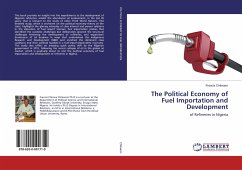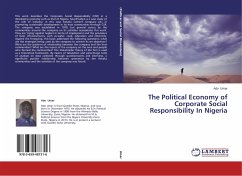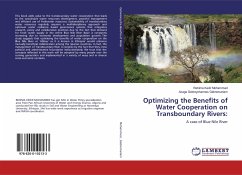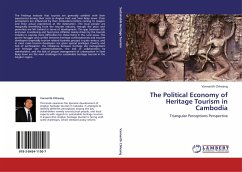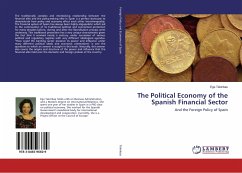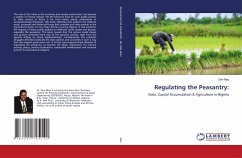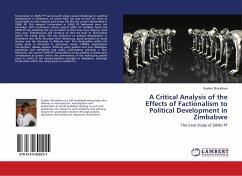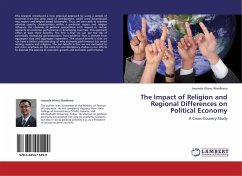This book provides an insight into the impediments to the development of Nigerian refineries, amidst the abundance oil endowment, in the last 45 years, that is relevant to the study of other Third World Nations. This detailed study, which is anchored on the political economy theory of the state, highlights the glaring interplay of class interest and power relations in the allocation of fuel import licenses; fuel importation probes that identified the cosmetic challenges but deliberately ignored the structural challenges hindering the development of refineries; and expatriates' dominance of oil business in ways that undermined the indigenous Research and Development (R&D) and enriched the dominant class coalitions and their political loyalists in a fuel-import-dependent economy. This study also offers an amazing quick policy shift by the Nigerian government in 2015, following the recent collapse of oil in the global oil market, which is gradually about to end the political economyof fuel importation and development of refineries in Nigeria.
Bitte wählen Sie Ihr Anliegen aus.
Rechnungen
Retourenschein anfordern
Bestellstatus
Storno

